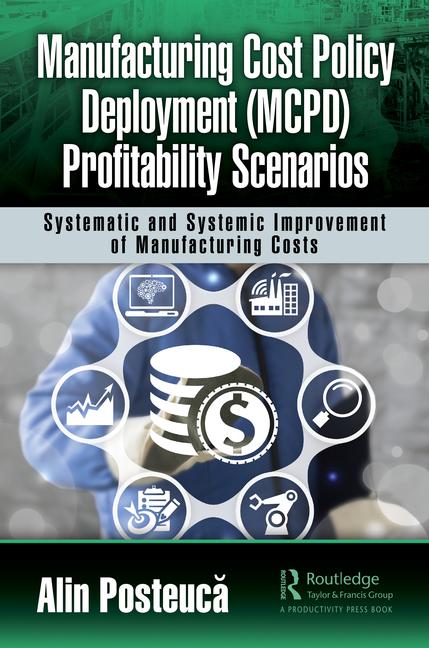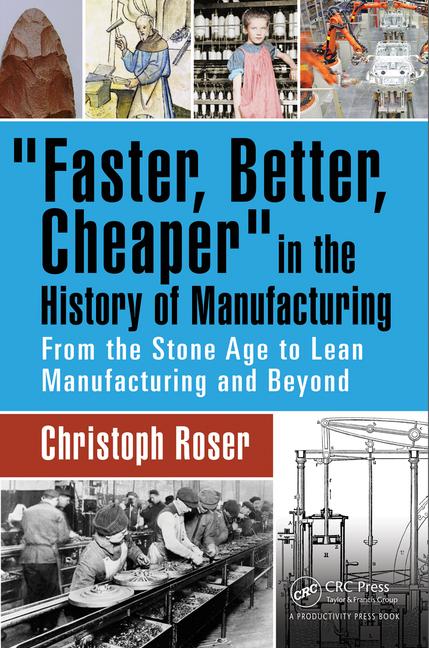Finally, we have good news on COVID. Two-thirds of the U.S. population is fully vaccinated. As of March 16, the seven-day average for new cases was the lowest since July 13, 2021, and the seven-day average for fatalities was the lowest since Nov. 30, 2021. Some 93 percent of the country is not at high risk for COVID.
Better still, U.S. manufacturing employment has almost entirely recovered from the pandemic. In February, U.S. manufacturing jobs totaled 12.6 million. That’s 1.2 million more jobs than there were in April 2020, the low point of the pandemic, and it’s just 225,000 jobs shy of the high point for the sector, 12.8 million, set in July 2019.
And now Russia has invaded Ukraine. Can the world not enjoy just a few moments of peace, prosperity and normality?
As the world watches with horror as Russian armed forces attack nuclear plants, bread lines and maternity hospitals, the global economic implications of the invasion pale in significance. Nevertheless, manufacturers worldwide and the U.S. in particular will need to brace for the conflict’s short- and long-term effects.
While global governments may not be united in condemning Russia, multinational corporations have been quick and decisive.
Ford Motor Co. suspended operations in Russia. The carmaker has a 50 percent stake in Ford Sollers, a joint venture that employs at least 4,000 workers and is shared with Russian company Sollers. The company has plants in St. Petersburg, Elabuga and Naberezhnye Chelny, but said it had “significantly wound down” its Russian operations in recent years.
General Motors said it was halting all exports to Russia “until further notice.” GM doesn’t have a significant presence there: It sells only about 3,000 vehicles a year through 16 dealerships.
Hyundai suspended operations at its assembly plant in St. Petersburg until further notice. Toyota, Volkswagen and Daimler have also halted production in Russia. Skoda has an assembly plant in Ukraine. Needless to say, production there has been stopped. Russia is one of Skoda’s largest markets.
Other manufacturers have followed suit. In aerospace, both Boeing and Airbus have suspended support for Russian airlines. General Electric has suspended most of its operations in Russia, with the exception of providing essential medical equipment and supporting existing power services. Tractor manufacturer Deere & Co. has halted shipments of its products to Russia, while Caterpillar is suspending operations at its Russian factories.
Most surprising has been the response from energy and metals companies. Surely, it can’t be in their interest to sever ties with the world’s second largest oil exporting country or the third largest producer of aluminum. And yet, BP will exit its 19.75 percent stake in Russia’s biggest oil company, Rosneft, and suspend their joint ventures. Equinor, the Norwegian oil and gas company, will also exit its joint ventures in Russia. The company had $1.2 billion in long-term investments in Russia at the end of 2021. Exxon pledged to leave its last remaining oil and gas project in Russia and not to invest in new developments in the country.
Meanwhile, automotive assembly lines in Germany, Britain, Austria and Russia have halted production because the invasion has disrupted the supply of auto parts from Ukraine. For example, Leoni has ceased production at two assembly plants in western Ukraine that supply wiring harnesses to OEMs in Germany. As a result, Volkswagen, Audi, Porsche, BMW and Mercedes-Benz have been forced to drastically reduce production.
Automakers are also bracing for shortages of neon gas for microchips, palladium for catalytic converters, and nickel for lithium ion batteries. The fighting has also interfered with airfreight, as well as rail traffic on the Trans-Siberian Railway, which German carmakers use to supply factories in China. And, of course, we’re all seeing what the invasion has done to gas prices.
Regardless of the outcome of the war, the social, political and economic aftereffects will linger for years come. If we’re forced to look for a silver lining, we might hope that the invasion further incentivizes the reshoring and near-shoring movement. In the end, our hearts go out to the people of Ukraine, and we pray for peace and an end to the invasion.










